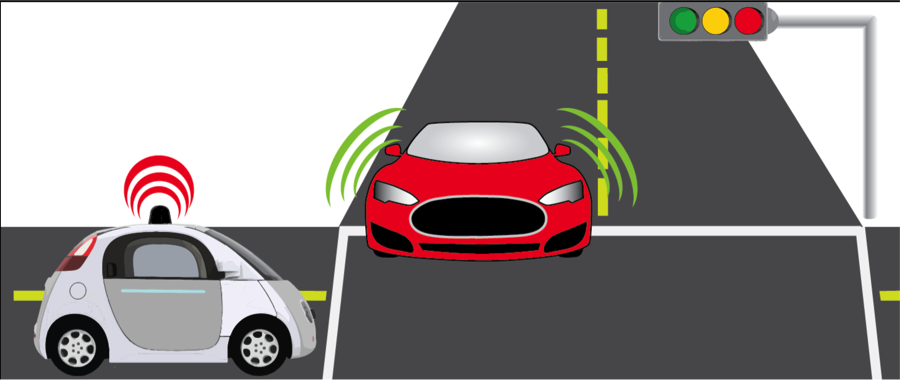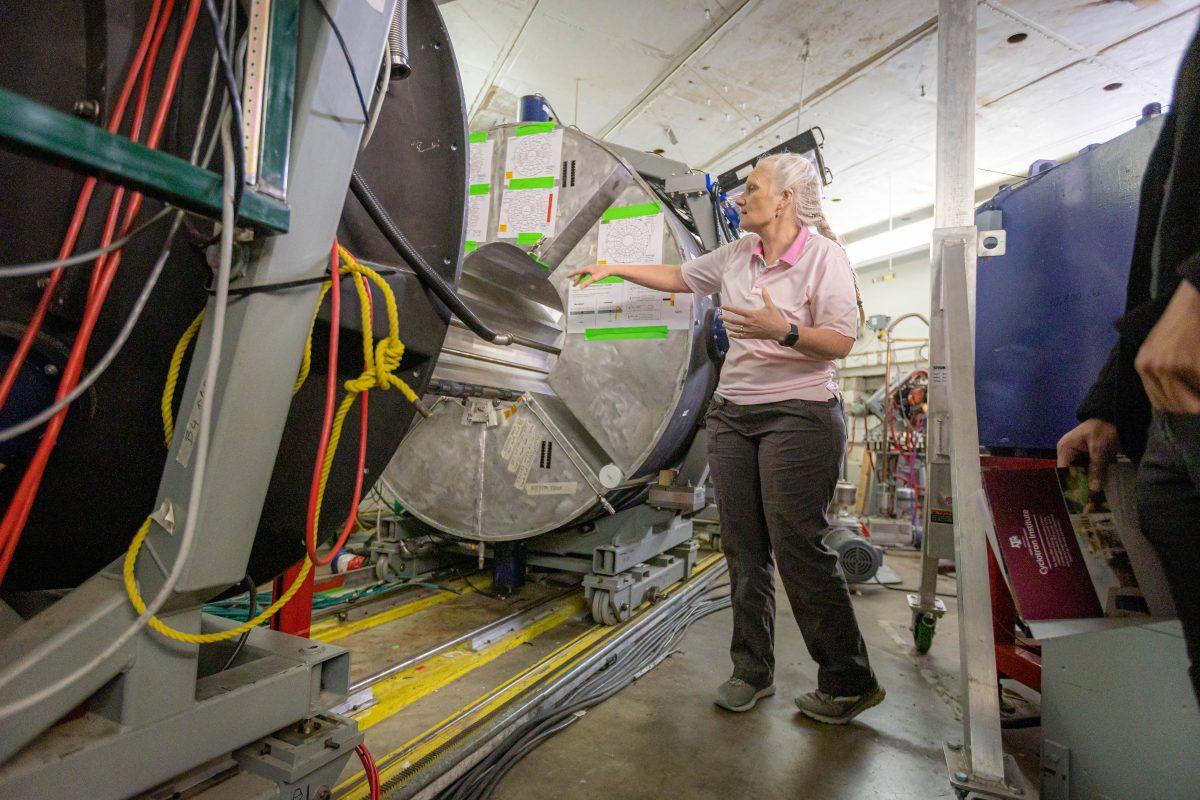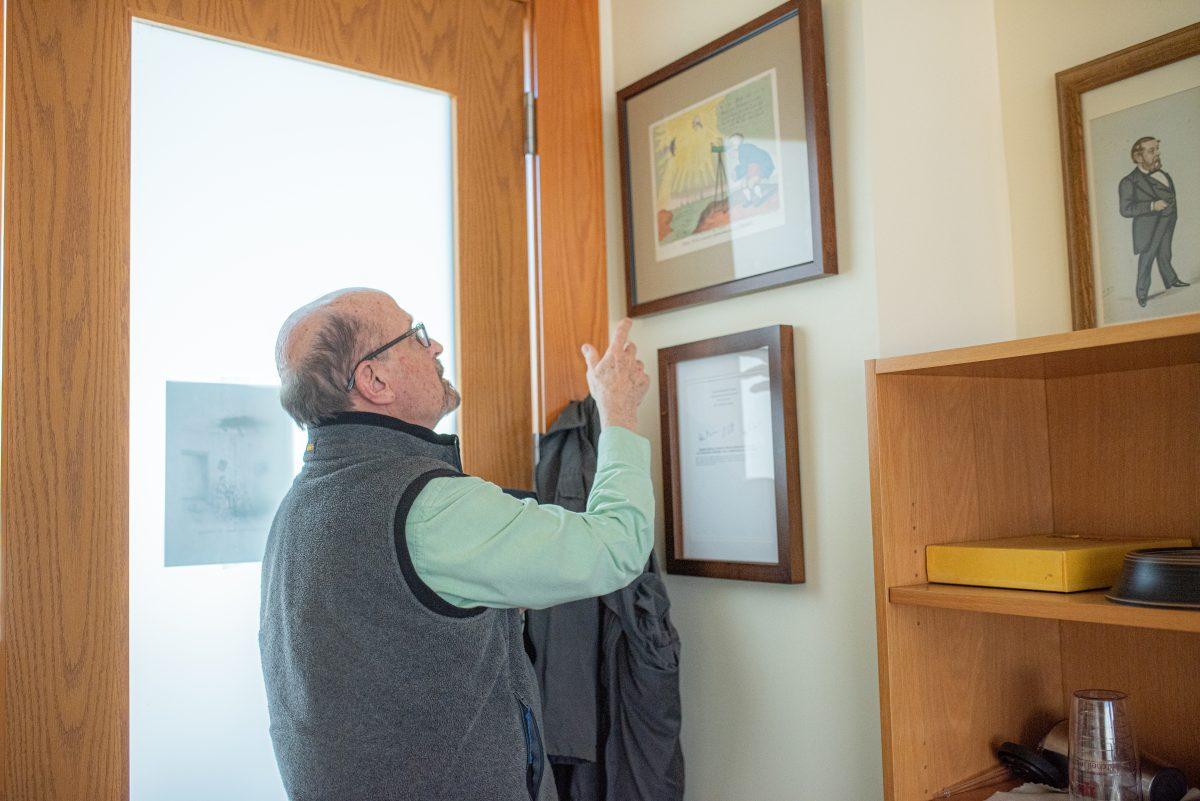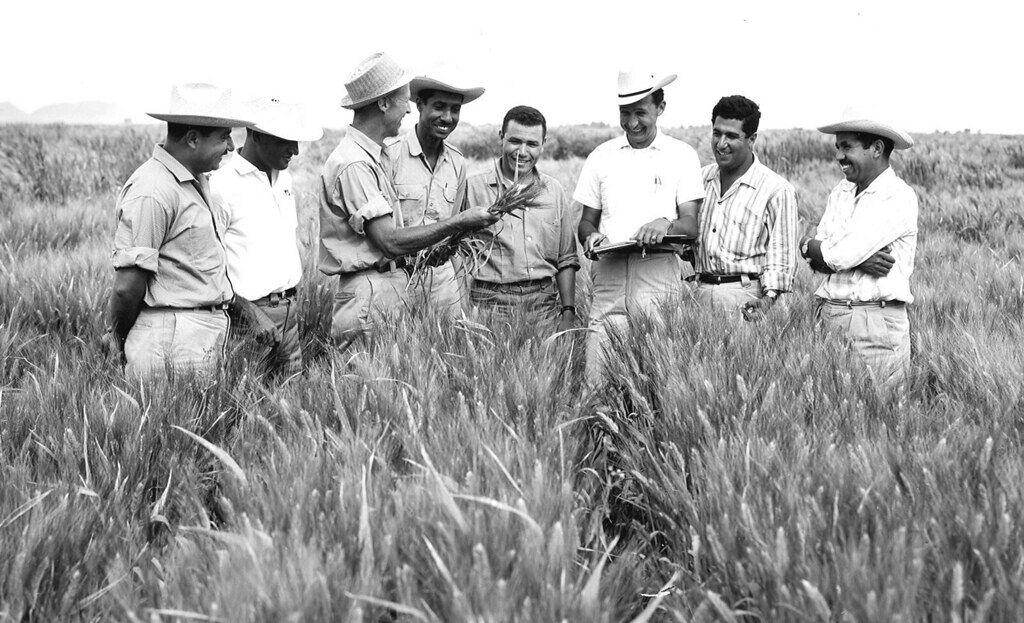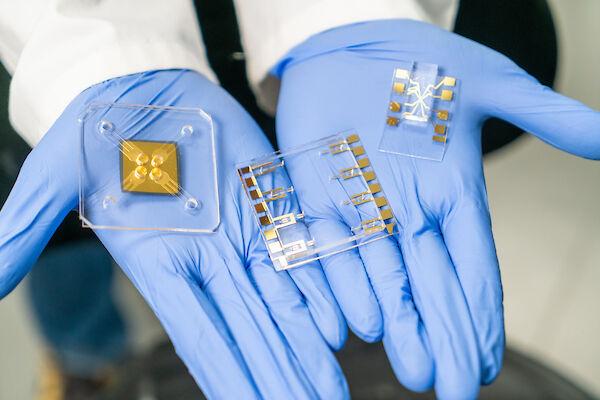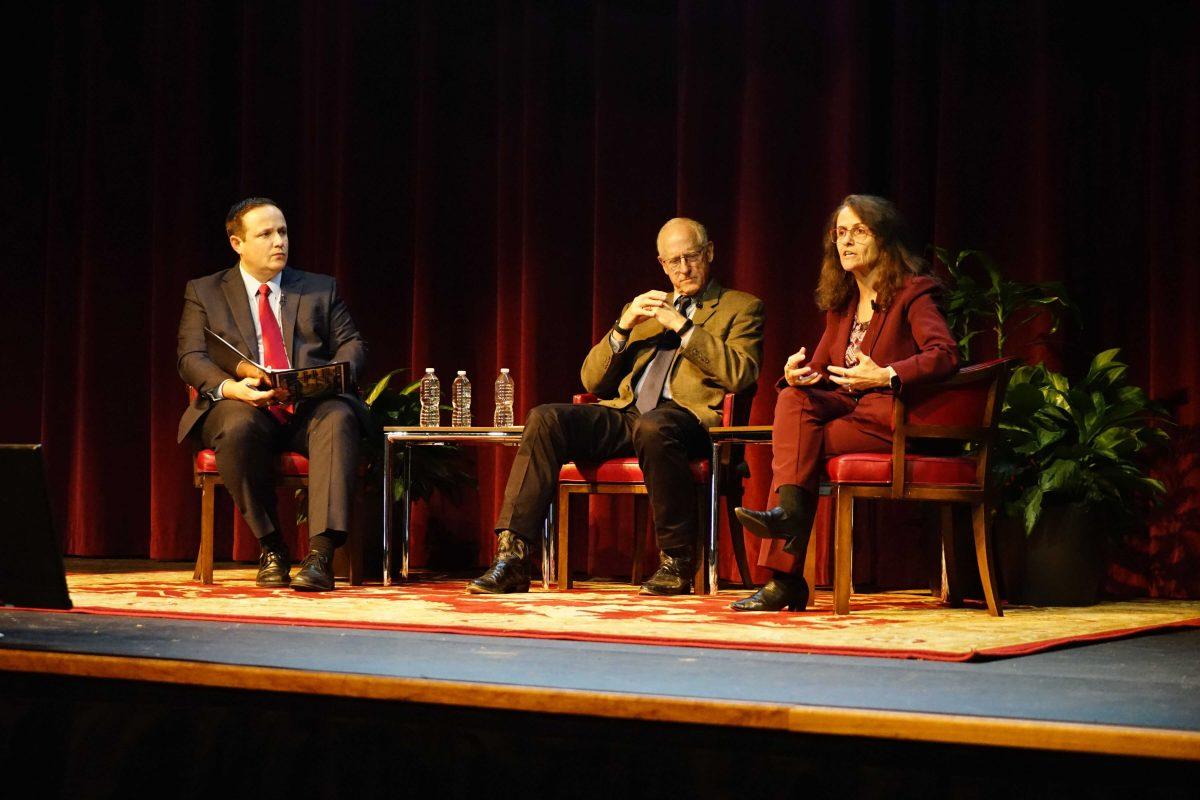Seatbelts and airbags changed automotive safety when they became mandatory by law decades ago, and one A&M research scientist believes autonomous vehicle technology may someday do the same.
In mid-January the Obama Administration proposed investing $4 billion in autonomous car research over the next 10 years. In conjunction, Anthony Foxx, the secretary of the U.S. Department of Transportation, aims to remodel transportation platforms and increase efficiency in cities — a movement he coined the “Smart City Challenge.”
The government is developing software that will allow cars to connect and “speak” with each other on the road — providing vital information to improve travel time and reduce car accidents. Jason Wagner, an associate researcher at Texas A&M’s Transportation Institute, related smartphones to the potential of connected vehicles.
“A smartphone works really well, but it needs the ability to communicate with other smartphones via a cellular network for you to have real value from it,” Wagner said. “Similarly, a lot of the cars are not connected with the other cars, so they are not getting the full value and benefit. If that information is transmitted across a network of communication systems, it could really improve traffic safety.”
Wagner said the federal government is encouraging research and probably sees potential societal advantages from automated and connected vehicles.
“Probably what [the federal government is] hoping for is that this investment will pay benefits in terms of return-of-investment for society,” Wagner said. “If you look at 30,000 people-plus dying on the roads every year, it’s a huge amount of economic loss that could be regained if you could reduce that loss.”
Google’s self-driving car concept is an automated vehicle, similar to what other private companies are testing. Wagner said automakers and technology companies are focused on testing connected vehicles since the software is not fully developed. He said he thinks the connected vehicle system will become mandated like seat belts and airbags are today.
Wagner said the integration of cars can allow many benefits to society, supplying information about congestion, road conditions and crashes.
“If there is a crash up ahead, this communicating system would enable vehicles that are closer to the collision to send information back to vehicles behind it,” Wagner said. “That way it can improve traffic flow and safety.”
Wagner said it will be a while before the Smart City Challenge is a reality.
“The average car is on the road for 12 years,” Wagner said. “Even if fully automated cars were released tomorrow, it would take at least a couple of decades before we’d see really high levels of market of connected vehicles — just because new technology comes out doesn’t mean people will buy it immediately.”
Nicholas Harris, a plant and environmental soil science senior, said people are often skeptical of new technology because it is such a new phenomenon.
“I’m kind of indifferent — it’s a weird idea to me,” Harris said. “Not for myself but I know there are people who do not trust this technology.”
Ty Underwood, economics junior, said he supports the idea of autonomous car research but does not support government involvement.
“Technology leads to progress in society, and I think companies should develop autonomous cars,” Underwood said. “But I think that free market is not for government intervention — the industry will figure that out.”

















